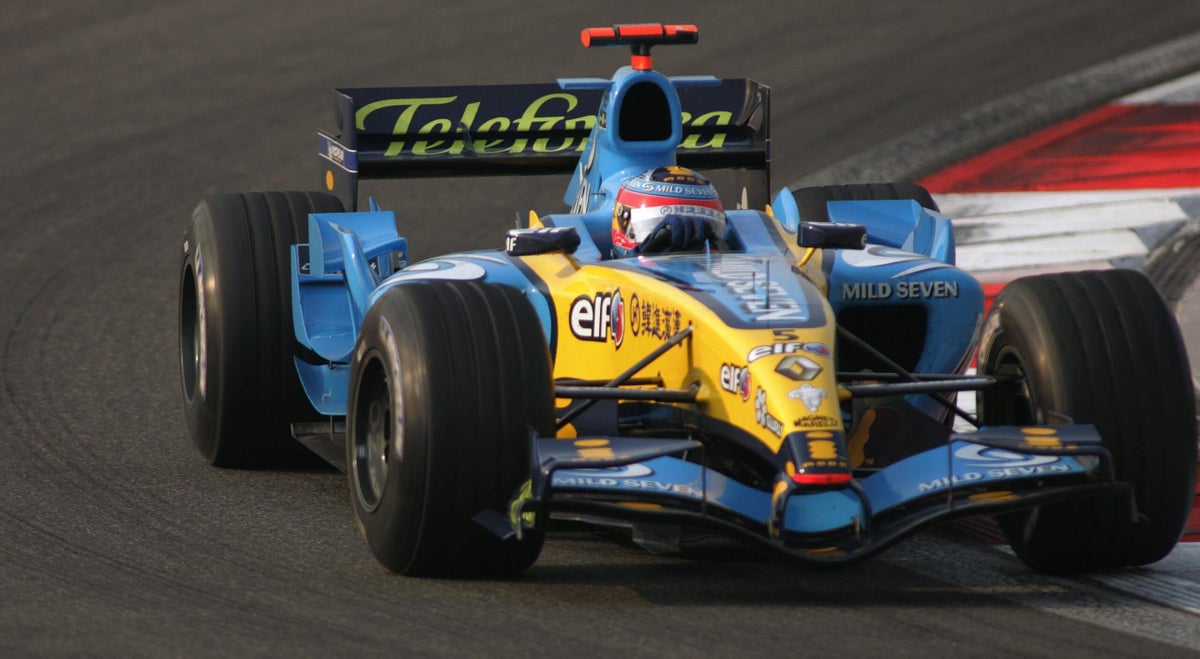Here is the result in plain text:
There has been growing excitement within Formula One over the potential return of the V10 engines. That roaring sound is part of the sport’s history and identity. But the calls from senior figures in the F1 paddock, including the FIA president, Mohammed Ben Sulayem, to consider returning the loud engines used most recently 20 years ago, has also raised questions.
If simpler, louder and cheaper V10 engines, running on fully sustainable fuels and resulting in smaller and lighter car designs, are introduced in the coming years, what happens in the interim? And how would that impact the imminent power unit change scheduled for 2026?
F1’s stakeholders have been working on the 2026 engine rules, maintaining the V6 hybrid basis for the power units, for years. Since their approval in the summer of 2022, the ruleset has encouraged Audi, Ford (via Red Bull), and General Motors to join the grid, as well as reversing Honda’s decision to quit, all thanks to the sport’s commitment to fully sustainable fuels and greater electrification.
In a select media roundtable, including The Athletic, on Sunday in Shanghai, Nikolas Tombazis, the FIA’s single-seater director who helps shape F1’s future rules, framed the discussion over the future engine regulations as hinging on two questions.
The first relates to the long-term direction of the sport and whether, in the next three or four years, F1 wants a different type of power unit. “If the answer to that is yes, (that) we want to change something, then question number two is, ‘What we do in the intervening period?’” Tombazis said.
On Friday in China, Red Bull team principal Christian Horner claimed there were “limitations” with next year’s rules that could impact the sport’s on-track spectacle due to the “shortcomings of the split in electrification and combustion” sources with the new power unit, which leans more on the electric power in the power unit. Those “limitations” would relate to consistent performance issues across the grid, which could affect the quality of competition and racing.
But Tombazis said he and the wider FIA did not share what he called a “scaremongering” view raised about the 2026 regulations’ potential impact on racing.
Any change to the plans for next year would depend on the position of all the engine manufacturers. The investment and effort already put in has led the sport to a point where it’s “10 past midnight, and Cinderella has left the building,” to quote Horner.
…and the article continues.
Let me know if you’d like me to summarize the main points or answer any specific questions you may have!
Source link




